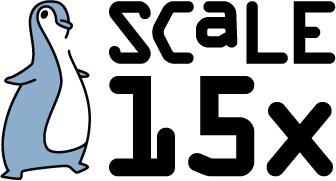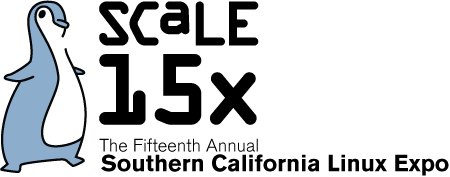Presentations
This is an all day workshop taking users through a few of the biggest changes that are happening in IT for application developers and operations engineers. We will cover some overview content on the various topics with each having a tutorial working example to play with in the afternoon open lab.
As online content grows exponentially and expands to every aspect of our lives, it is no surprise that teachers increasingly aim to implement it into the classroom. Among the numerous digital tools available to instructors, the evolution of video has transformed the educational scene. Today's students participate in video production to not only express their creative side, but to also reinforce key concepts in an interactive manner. The combination of two open source programs - MyPaint and Open Broadcaster Software can easily produce engaging video lessons for students and by students.
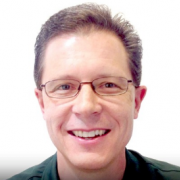
Getting started in open source communities can be daunting, which can lead to people (and companies) over-compensating to try and prove their inherent value to the project. This talk takes lessons from Cmdr. Chris Hadfield, Canadian astronaut and former International Space Station commander. His mantra of ‘Aim to Be a Zero’ applies nicely to space travel and to getting started in open source.

This session will provide an overview of the capabilities of Chef Automate for compliance automation. We will cover how to initially configure the Chef Automates compliance server, perform compliance scans against Windows and Linux nodes, and remediate compliance issues with Chef, and run compliance reports. Learn how to use InSpec to create and modify compliance profiles.
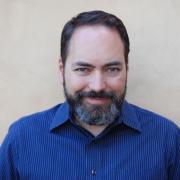
Configuration Management tools were a revolution when they first appeared. Gone were the days of every Sys Admin carrying around their own collection of Bash scripts to get things done. It's no surprise that they became so popular so quickly. That said, the age of Configuration Management is quickly coming to an end. Serverless and immutable infrastructure are the future. In this talk you'll hear from one of Netflix's CORE SREs about how we run on a mostly immutable infrastructure, all the ways that Configuration Management has failed over the years and why you should stop using it.

In this workshop, we will setup a production-grade Docker cluster, and use it to "build, ship, and run" a containerized application built around a microservices architecture. We will learn about the native orchestration features offered by SwarmKit, see them in action, and implement centralized logging, metrics collection, scaling, load balancing, rolling upgrades, and high availability for both stateless and stateful services.

Deciding where to run your application can be a real conundrum.
Do I run in the cloud or the datacenter?
In a VM or container?
Physical or virtual?
Lift and shift or burn it all down and start over?
In this session we'll explore the criteria to consider to help find the answer to these questions and more
We'll look at how containers and VMs differ, and why that is important. We'll talk about container vs. VM performance. We'll also examine some customer case studies to see how others have tackled these same problems.
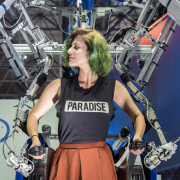
In the event of disaster or emergency, having an automated and dependable solution for recovering and restoring important data is crucial. By creating an automated solution that spins up a server, restores data, and confidently notifies important parties of statistics and information upon a successful restore, cognitive load and stress is reduced, allowing engineering time to be spent resolving other high priority tasks that arise in unpredictable scenarios.

Go is an excellent open source multi-platform language for doing cross-platform development which is ideal for ops tools. If you target multi-platform, multi-architecture environments, come learn how Go enables you to write once and run anywhere. This talk will cover the language features that enable you to deploy the same code to multiple platforms, a few gotchas, and a few examples.
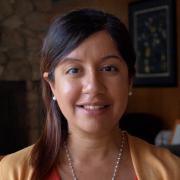
Kids on Computers is a 501(c)(3) non-profit organization setting up computer labs for underprivileged kids around the world. Our mission is to provide increased access to educational content so kids can better their own lives and eventually the lives of their communities. We currently have 20 labs in 5 countries including 12 in the region of Oaxaca, Mexico.

